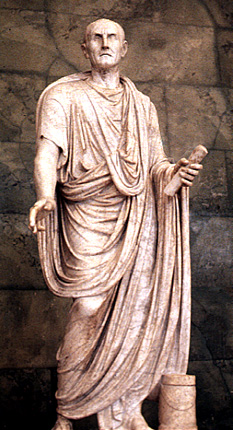Gabe Rottman , a legislative counsel and policy adviser at the Washington legislative office of the American Civil Liberties Union contributed an answer to the question, “Is it wrong for credit card companies to process donations to extremist organizations?” in the Room for Debate section of New York Times (August 8) - http://www.nytimes.com/roomfordebate/2013/08/08/the-ethics-of-doing-business-with-hate-groups/cutting-off-financing-to-hate-groups-is-unwise-censorship
Rottman says;
" Credit card companies are private businesses. They generally have the right, including possibly the First Amendment right, to refuse to deal with anyone. While superficially appealing, that answer is wrong. Pulling credit card services helps the haters and hurts free expression.
First, there’s the “martyr” problem. Back in 2010, PayPal threatened to cut off Pamela Geller, the anti-Muslim blogger, for violating its “acceptable use” policy. Geller immediately draped herself in the First Amendment — and put out a call for donations. PayPal eventually relented, but it’s clear that the denial of services to a “hate speaker” transformed her modest soapbox into a wider broadcast."
As I was unfamiliar with the expression, 'Geller immediately “draped herself in” the First Amendment,' I consulted Cambridge, Oxford, Merriam-Webster online dictionary, none of which carries “drape oneself in stg” as an idiom.
Google Ngram shows incidence of usage, ‘drape oneself’ though at low 0.000000032% level during 1930 to 1950, then tailoring down further to 0.00000001% level at present.
What does “Geller draped herself in the First Amendment” mean? Does it mean she armored herself with the First Amendment (or any cause / law / back-up theory), or resorted to the First Amendment? How popular is ‘drape oneself in stg.” as an idiom?

